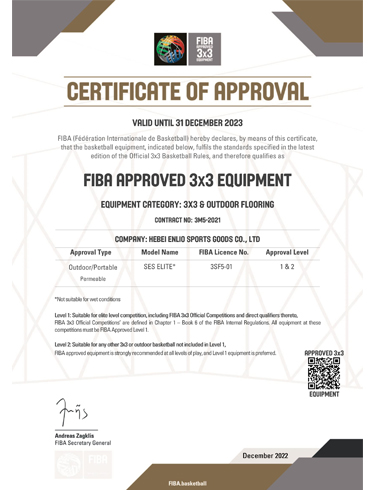9 月 . 21, 2024 23:51 Back to list
commercial flooring types
Understanding Commercial Flooring Types A Comprehensive Guide
When it comes to choosing the right flooring for commercial spaces, there are several factors to consider, including durability, aesthetics, maintenance, and cost. The choice of flooring directly impacts not only the functionality of a space but also the overall ambiance. This article explores various types of commercial flooring available in the market today, helping you make an informed decision.
1. Vinyl Flooring
Vinyl flooring is one of the most popular choices for commercial spaces due to its versatility and affordability. Available in sheets, tiles, or planks, vinyl can mimic the look of natural materials like wood and stone without the associated costs. It’s water-resistant, making it ideal for areas prone to spills, such as kitchens and bathrooms. Furthermore, vinyl is relatively easy to install and maintain, requiring minimal upkeep.
2. Carpet Tiles
Carpet tiles are a practical choice for offices and commercial environments that require comfort and sound absorption. They come in various styles, colors, and textures, allowing for creative design possibilities. Carpet tiles are also easier to replace than broadloom carpets; if one tile is damaged, it can be replaced without the need to redo the entire floor. This feature makes carpet tiles a cost-effective option in the long run.
3. Laminate Flooring
commercial flooring types

Laminate flooring combines durability with affordable aesthetics. It consists of multiple layers that make it resistant to scratches and dents, which is beneficial in high-traffic areas. Laminate can mimic a variety of materials, providing a wood-like appearance without the maintenance hassles. While it is not as water-resistant as vinyl, it performs well in most commercial settings.
4. Rubber Flooring
Rubber flooring is an excellent choice for places such as gyms, schools, and hospitals, where safety and durability are paramount. It provides excellent traction, reducing the risk of slips and falls. Additionally, rubber is sound-absorbent and shock-absorbent, making it comfortable for standing for long periods. It is also highly resistant to moisture and easy to clean.
5. Concrete Flooring
Concrete flooring has gained popularity in modern commercial spaces for its industrial aesthetic and extreme durability. It can be stained, polished, or coated to achieve different looks, making it a versatile option. Concrete is resistant to heavy traffic and can withstand spills and stains, making it suitable for retail environments, warehouses, and manufacturing facilities.
Conclusion
Choosing the right flooring for a commercial space is crucial for establishing a functional, safe, and visually appealing environment. Each flooring type offers unique benefits, catering to different needs and styles. By considering factors such as traffic, maintenance, and aesthetic preferences, business owners can select the flooring solution that best meets their operational requirements and enhances their brand image. With the right choice, commercial flooring can contribute significantly to the overall productivity and satisfaction within a workspace.
-
Custom Pickleball Court Solutions Convert Tennis & Indoor Builds
NewsMay.30,2025
-
Outdoor Pickleball Court Costs Build & Install Pricing Guide
NewsMay.30,2025
-
Premium Pickleball Sports Courts Custom Design & Installation
NewsMay.30,2025
-
Indoor Pickleball Courts Tennis Court Conversion & Custom Builds Tempe
NewsMay.29,2025
-
Professional Pickleball Court Installation & Tennis Court Conversions
NewsMay.29,2025
-
Grey Synthetic surface-rubber prefabricated track
NewsMar.07,2025

